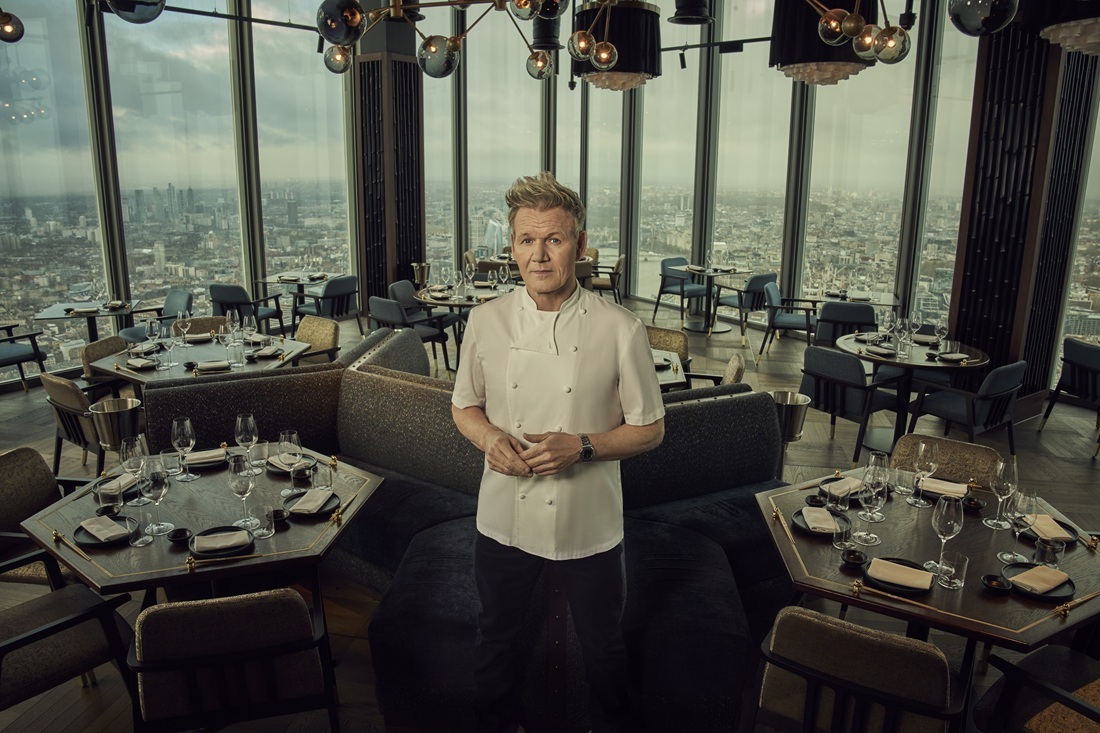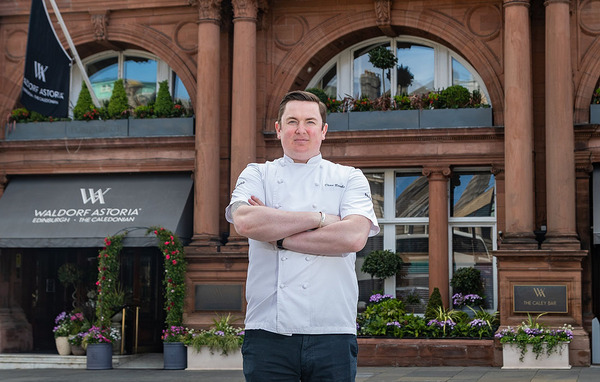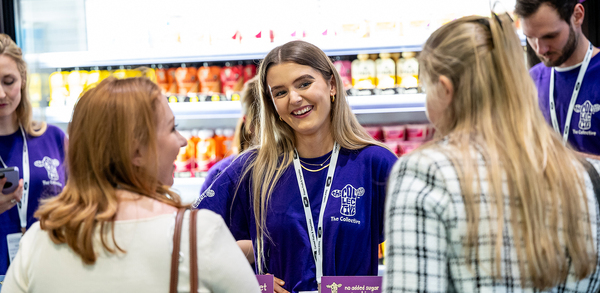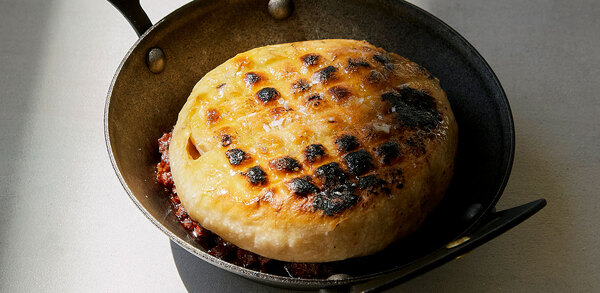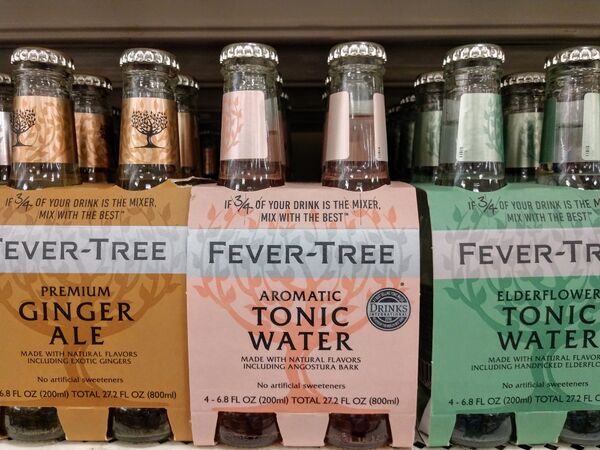Food: local sourcing
Local sourcing is all the rage but it's also time consuming and can be more expensive. So is it worth the effort? Janet Harmer reports
The benefits of buying and serving local ingredients are well known. Locally grown and reared produce is likely to be superior in freshness and flavour to food that has travelled from afar in addition it is fully traceable, and environmentally and economically friendly.
But is buying local food compatible with the financial well-being of a business and can it help to boost customer numbers?
At first glance, the price of ingredients - particularly meat - bought direct from small, local producers can seem high when compared with what's available from a central supplier, shipped in from further afield. Generally, though, prices vary widely depending on the specific ingredient, volumes and seasonality, with traditional British crops, such as root vegetables and brassicas, likely to be among the best buys.
As well as the price, chefs are often put off sourcing locally because they are too busy to identify the right suppliers and then put a delivery system in place. John Campbell, executive chef of the Vineyard at Stockcross in Newbury, Berkshire, has found that it can be "a huge logistical nightmare" to buy from individual local suppliers.
"We are a five-star operation with 50 bedrooms, a 110-seat, two-Michelin-starred restaurant and private dining for 150 covers," Campbell explains. "It is very difficult to rely on local suppliers alone to provide me with consistently top-quality ingredients for this size and level of business."
Even so, Campbell buys meat from the neighbouring counties of Oxfordshire and Wiltshire, shoots deer and other game locally, picks berries from grow-your-own farms, and gets watercress and crayfish from the River Kennet. However, he generally buys produce such as vegetables, squab pigeons and foie gras from Rungis market in Paris via a London supplier.
"Our priority is for tip-top ingredients and we can't achieve that on a sustainable basis by buying locally only."
Time-consuming
There is no doubt that making local produce the centrepiece of a restaurant's repertoire is a time-consuming business. Seeking out suppliers can take hours of trawling through the internet, before then arranging meetings with individual suppliers to sample produce and set up supply lines. But once in place, the rewards can be manifold, with customers increasingly eager to support a restaurant that promotes the farmers and growers supplying the ingredients. And, despite the widespread belief that local is expensive, careful buying can actually help reduce food bills.
Tim Neal, chef-proprietor of the Chequers Inn in Rowhook, West Sussex, says that buying individual cuts of meat from a local farm can seem expensive when compared with the prices charged by a national catering butcher, but he keeps his costs down by purchasing a half or a whole carcass and doing the butchery himself.
For instance, he will buy half a Sussex Long Horn and turn it into a myriad of different cuts and dishes. The fillet, sirloin and rump are used for steaks, the silverside and topside are marinated and served as bresaola, the rib-eye is roasted for a Sunday joint, the bones are used to make stocks and jus, and everything else is minced and turned into burgers, sausages and faggots.
"I ensure there is absolutely no wastage and that helps me keep my food costs to a very reasonable 68%," Neal says.
"Some ingredients are more expensive locally, but as owners of a small business we can choose how we spend our money and for us the priority is to buy from the surrounding area as we know that is what our customers want. The extra that we sometimes pay is balanced out by the fact that we may attract another 40 diners a week because of our policy to buy locally."
Co-operatives
Neal's job of sourcing meat direct from farms is made easier by purchasing through a co-operative, Sussex Farm Foods.
Another business which manages to keep its food costs under control, in spite of a stringent policy of buying only British produce - much of it sourced locally, is Mya Lacarte in Caversham, Berkshire.
"Amazing flavours are central to our core belief," explains owner Matthew Siadatan. "And it makes culinary sense that the shorter the journey from source to plate, the fresher and tastier the meal will be."
While meat for Mya Lacarte is sourced from within Berkshire, Oxfordshire and Hampshire, all vegetables and fruit (except for oranges, lemons and limes) are grown within a few miles of the 35-seat restaurant. Nearly 75% of produce is grown by a market gardener, while the rest is provided from the glut of seasonal crops produced by customers in domestic gardens and on allotments.
In exchange for 10kg of produce, the restaurant will invite two customers to enjoy the daily menu (usual price: £16.45 for three courses) at lunch-time or early evening up until 7pm from Monday to Friday. Drinks are not included.
"It is a system that works really well for both parties and creates a lot of goodwill," says Siadatan. "We get to use lots of wonderful fresh ingredients grown almost on our doorstep for a minimal outlay, while customers are delighted to see their excess produce put to good use as well as enjoying a delicious meal."
The restaurant's meat and fish bills for August were £3,200 and £2,300 respectively. About £1,700 was spent on fruit and vegetables, with £1,400 of this figure being paid to the market gardener. The rest (£300) was accounted for by the cost price of the meals (sales price of about £1,000) served to customers who supplied produce. Average spend on food and drink in Mya Lacarte is £20 per head for lunch and £40 at dinner.
Staff also benefit from the commitment to local purchasing, with trips to nearby farms helping to increase their knowledge of ingredients. "Discovering how an animal has been raised or how different vegetables are grown motivates both chefs and waiters, with their enthusiasm being passed on to customers," says Siadatan.
Capital idea
Oliver Rowe's ambitious efforts to source all his ingredients for his 70-seat restaurant Konstam at the Prince Albert in London's King's Cross from within the capital and the surrounding region were well documented on BBC2's The Urban Chef. Interestingly, he found the additional costs of buying direct from a farmer or supplier were offset by not having to pay hefty distribution costs.
"I know I could get cheaper food by buying from further afield, but I believe in paying a good rate to farmers," Rowe explains. "Margins are tight, but we don't do this just to make money fundamentally we believe it is the right thing to do. However, there are many benefits of local sourcing - including building a good relationship with suppliers and having appreciative customers - which help us create a better business."
Today Rowe sources around 85% of all his ingredients from in and around London, including Amersham pork belly which he slowly cooks in London Pride, Waltham Abbey chicken, trout from Syon Park, sea bass from Mersea Island, mushrooms from East Ham, and honey from Tower Hill.
Although time-consuming, local sourcing is relatively easy for individual restaurants, compared with companies with multiple units to manage. But large operators are starting to seek out local suppliers that can be promoted on menus and websites.
The Orchid Group of pubs has worked hard over the past 18 months to build up a solid band of British suppliers which customers are prepared to pay a premium for and which give the company a competitive edge.
"In surveying our older customers, we found that 95% of them wanted to eat British produce," says Sharon Hammond, marketing manager of The Orchid Group. As a result we have become the first pub company to become Red Tractor accredited and all the meat in our 42 carveries is now British Farm Assured.
Beef now comes from the English/Welsh borders, turkey and pork are from Norfolk, lamb from the West Country, and rare-breed sausages from Jimmy Doherty's farm in Suffolk - all of which are highlighted with stories behind the producers on the carvery menu.
"Our collaboration with Jimmy's Farm is a perfect partnership as Jimmy and his team are just as passionate as we are about delivering the best of British produce in a responsible, sustainable way," Hammond says.
"Jimmy had previously not been used to supplying such large quantities of sausages to outlets all over the country. As a result we have set up a supply network using Funnybones Foodservice. The partnership has shown that it is possible to work with niche suppliers as long as you put your mind to it."
Economy
Alan Murchison believes that, given the current economic climate, it's the right time to be making friends with local suppliers. As chef-proprietor of the Michelin-starred L'Ortolan in Shinfield, Berkshire, he initially found that the high price and difficulty of setting up a supply network with local suppliers meant that he turned to France for most ingredients.
But now all that has changed, with 60% of L'Ortolan's ingredients purchased locally and 80% of the supplies at his second restaurant, La Bécasse in Ludlow, Shropshire, coming from the surrounding area.
"It has taken a lot of organisation, but by buying intelligently - which means buying whole animals and using up every part - we found that we have been able to keep our food costs down and discovered some great ingredients," he says. "For instance, we are no longer using olive oil as we have found the most wonderful extra virgin cold-pressed rapeseed oil produced by farmer Chris Pratt in Hampshire."
"During this time of the credit crunch it is vital that we support these great local suppliers and put money into the local economy - for they will support us as customers in return. That way we will get through this difficult period together."
Business benefits of buying local food
- Customers are keen to support a restaurant when they know the provenance of the food and when they know it is supporting the local economy - even if it costs more.
- Using the names of local farmers and artisan suppliers on menus and websites is a hook upon which a restaurant can be promoted.
- Menu sales can be boosted by dishes devised to partner local beers and wines.
- Use of cheeses from local artisan makers is a simple means of boosting cheese sales.
- Local foods are generally fresher, resulting in less wastage.
- Ingredients sourced locally can help increase staff pride and loyalty, providing them with an engaging story to tell customers.
- Themed evenings focused on specific suppliers or regional foods can bring in new business.
- Regional tourism and food groups may include your restaurant in the region's food and drink promotions.
London Food Link
London Food Link, part of Sustain - the alliance for better food and farming, offers free advice to caterers to help them find local and sustainable foods. For more details call 020 7837 1228 or visit www.sustainweb.org/londonfoodlink.




